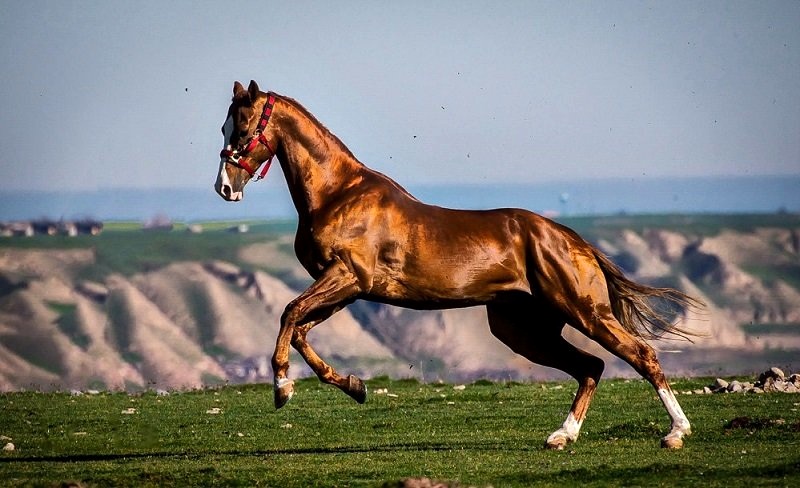Horses are an integral part of many people’s lives, and the care and comfort of horses is a top priority for most horse owners. In winter, the question often arises as to whether horses need a barn in order to survive the cold weather. While a barn can provide additional comfort and protection from the elements, it is not absolutely necessary for a horse to have one in order to survive winter.
Advantages of Having a Barn in Winter
Having a barn in winter can provide a number of benefits for horses. One of the main benefits is that it can provide shelter from the cold and wet weather, which can be especially important for foals, elderly horses, and horses with health problems. A barn can also provide extra warmth, which can help horses to stay warm and healthy during cold weather. Additionally, a barn can provide a safe place for horses to escape from predators, such as coyotes, and can offer protection from winter storms.
Another advantage of having a barn in winter is that it can provide a comfortable area for horses to sleep. Horses often lie down and sleep during cold weather, and a barn can provide a safe and comfortable place for them to do so. Additionally, a barn can provide a comfortable area for grooming, tacking, and other activities that require protection from the elements.
Finally, a barn can provide a place for hay and other feed to be stored, which can be beneficial during winter when hay is more difficult to find. This can help to ensure that horses have access to food during the coldest months of the year.
Disadvantages of Having a Barn in Winter
While a barn can offer a number of advantages for horses in winter, there are also some potential disadvantages. One of the main disadvantages is the cost of building and maintaining a barn. Building and maintaining a barn can be quite expensive, and this is a significant factor to consider when deciding whether or not to build one. Additionally, a barn can require a significant amount of time and effort to maintain, and this is another important factor to consider.
Another potential disadvantage of having a barn in winter is that it can create a high risk of fire. Barns are often heated with wood stoves, which can be a source of danger if not properly tended to. Additionally, barns can be a source of dust and other allergens, which can be problematic for horses with respiratory problems.
Finally, a barn can create a risk of disease and parasites, as they can provide a warm and dark environment for these organisms to thrive. Therefore, it is important to be diligent about keeping the barn clean and well maintained in order to minimize the risk of disease.
Conclusion
In conclusion, having a barn in winter can provide a number of benefits for horses, such as shelter from the weather and extra warmth. However, there are also some potential disadvantages, such as the cost and effort involved in building and maintaining a barn, as well as the risk of fire, disease, and parasites. Ultimately, the decision to build a barn in winter should be based on an individual’s needs and resources, and the benefits and disadvantages should be carefully weighed before making a decision.

